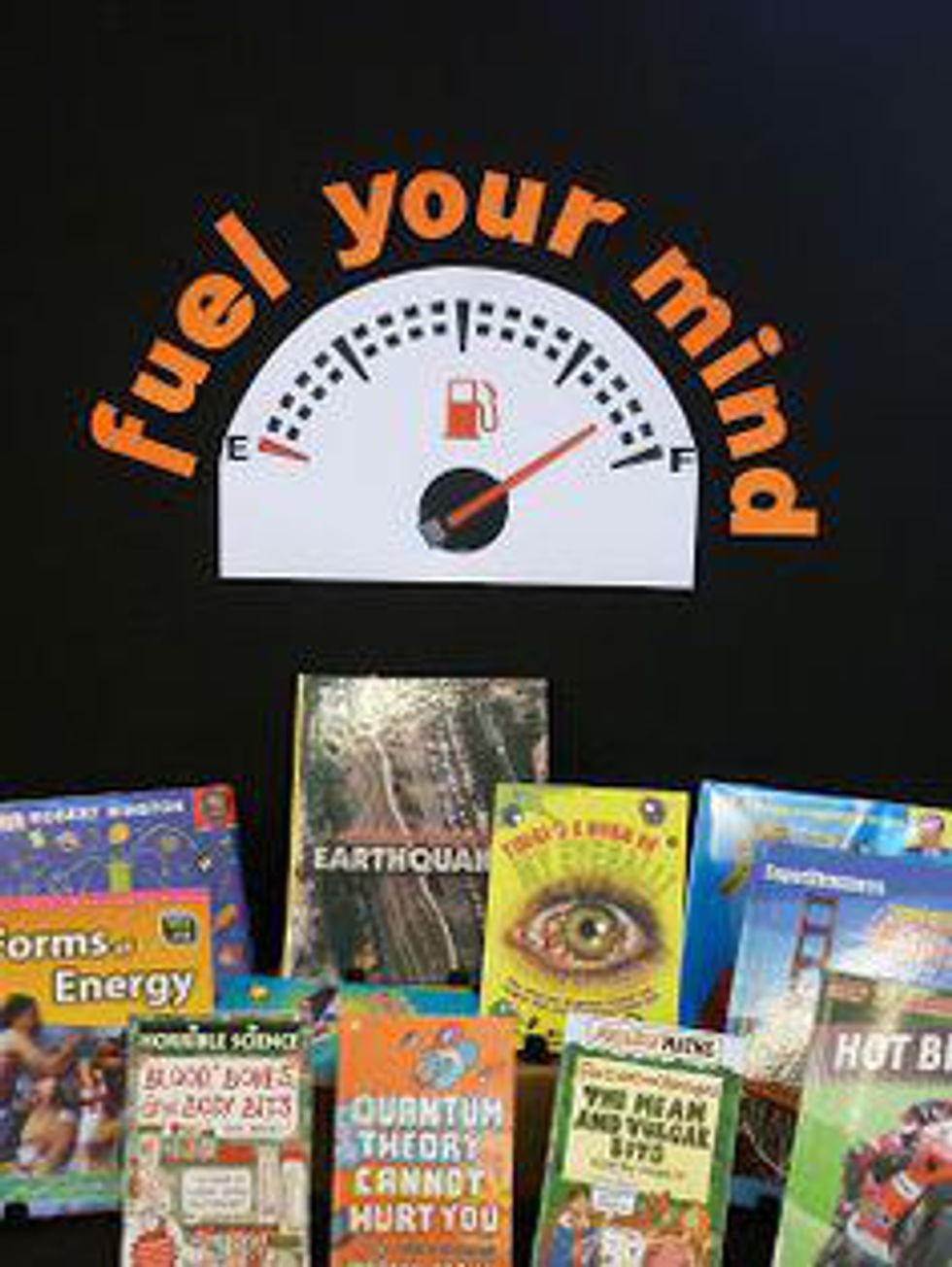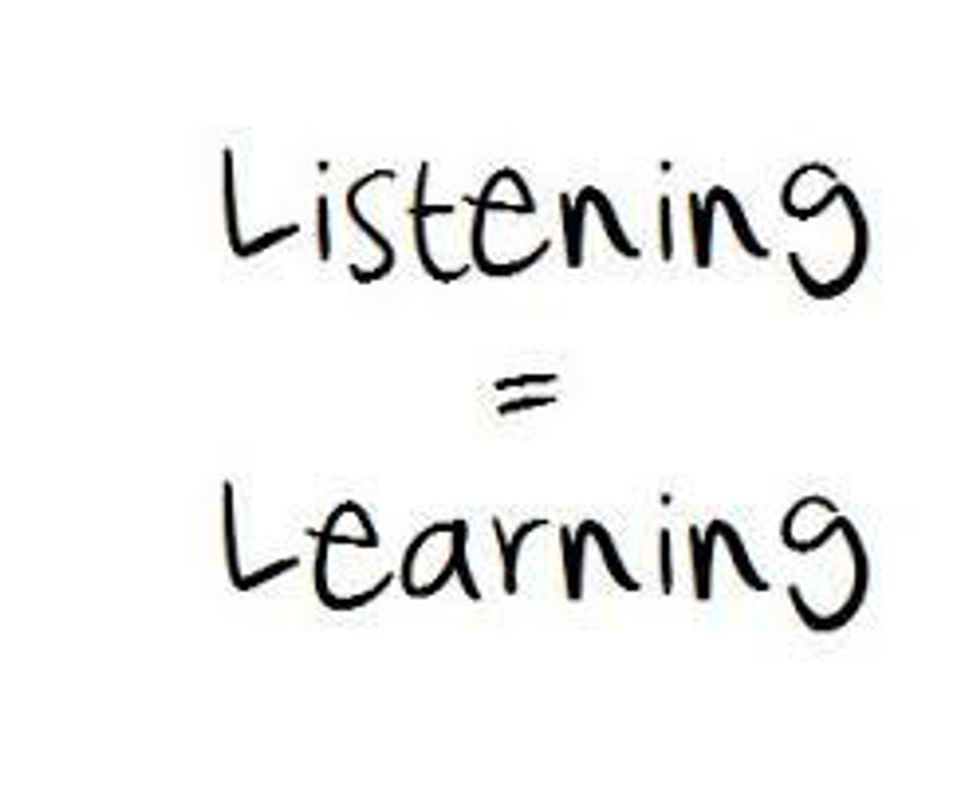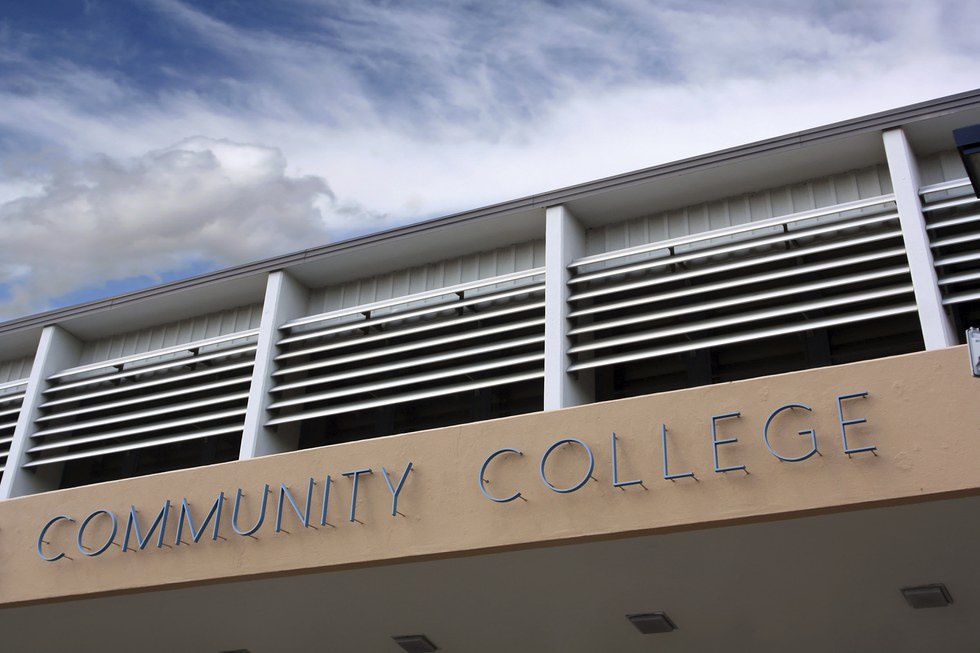Learning doesn't have to end when you finish school. Learning should be a lifelong experience that helps individuals continue to grow into more educated and well-rounded citizens. Here are 10 useful ways to help you learn more as you make your way through the real world:
1. Always be curious.
Curiosity is the key to continue learning through all stages of life. Being curious promotes the longing to learn more than we already know.
2. Take up a new hobby.
There are always new hobbies to take on. Learning hobbies is not only entertaining, but also educational. Teaching yourself is especially helpful in promoting lifelong learning.
3. Add some non-fiction to your library.
Fiction takes up most of my bookshelves, and I know it’s probably the same for many of my peers. But by adding some non-fiction to your repertoire, you can experience the benefits and fun of reading without the academic requirement. Learning about new sciences, religions and lifestyles opens eyes and boosts the need to continue learning more.
4. Listen to podcasts or watch the news-esque television shows.
Even if you aren’t into watching the news, there are more ways to obtain relevant and important news in a way that's not so dry. Listening to podcasts or watching a television show such as “The Daily Show” can teach you a lot more than a professional discussion about politics. Hearing the news in a unique ways helps to make the information easier to understand and keeps you informed and educated.
5. Attend local events and lectures.
Especially living in a college town, events and lectures are always happening. From science lectures to Nazi camp survivors recalling their stories to local authors: the topics vary greatly, and they're endless. These events allow for people to learn about topics they might not have ever known about or been interested in before.
6. Listen to others.
Listen to other people and their stories. Sometimes their stories and mistakes can teach you important lessons. Even if you can only have empathy, you are still learning the act of empathy, which can always be enhanced.
7. Utilize the media around you.
Wikipedia isn’t always bad. Use media as a source to learn about those little facts you’ve always been curious about. The answer to almost everything can be found by simply opening your browser. Scroll through social media to read articles your friends think are relevant.
8. Keep an open mind.
Keep yourself educated with what seems to be important by keeping an open mind, even if you don’t think you agree. Look at all of the perspectives of controversial topics. That way, when you develop an opinion, you know how to have an educated conversation about it.
9. Take a class at a local community college.
You don’t have to stay in higher level education forever, but taking a class here and there can help you learn different skills to put on your resume. Community colleges also offer classes that are more community-driven if you want to steer clear of the more academic courses.
10. Travel and explore other cultures.
Traveling is the best way to learn about other people and other styles of living. You can research all you want, but to understand it is to also live it. Exploring other states and continents is a guaranteed way to learn about cultures.
Learning doesn’t have to end when you graduate college. There are plenty of resources and skills that you can take advantage of to continue a life full of learning and flourishing.


















































